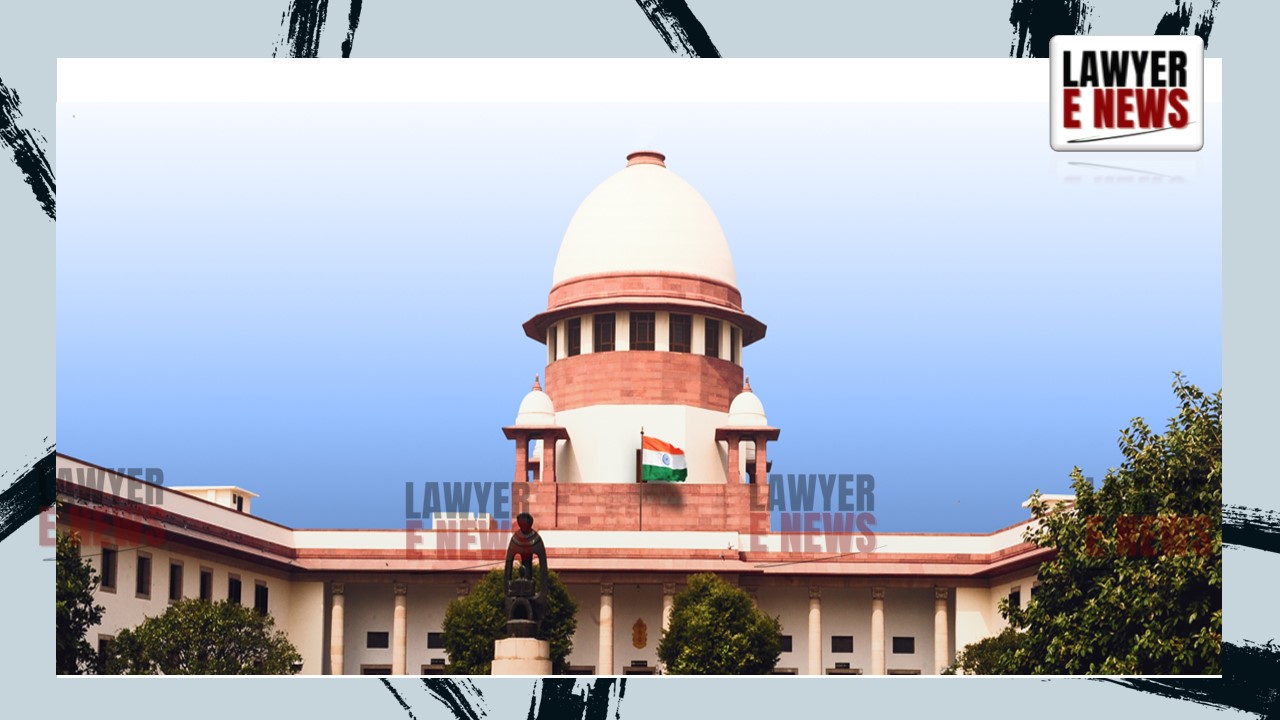-
by sayum
14 February 2026 2:22 PM



“Lease Is Not Equivalent to Ownership or Allotment on Quasi-Permanent Basis,” Observes Supreme Court. In a pivotal judgment delivered on January 2, 2025, the Supreme Court of India upheld eviction orders against several unauthorized occupants of Shamlat Deh lands under the Punjab Village Common Lands (Regulation) Act, 1961. The Court ruled that leaseholders cannot claim ownership or statutory protection under the amended Section 2(g)(ii-a) of the Act, which applies only to lands allotted on a quasi-permanent basis to displaced persons or transferred by sale or other means before July 9, 1985.
The bench of Justices C.T. Ravikumar and Rajesh Bindal clarified that leasehold rights are temporary and revocable and do not amount to "allotment" or "transfer" under the Act. The Court emphasized that continued possession of Shamlat Deh land after the expiry of a lease constitutes unauthorized occupation, justifying eviction under Section 7 of the Act.
The lead case, Dalip Ram v. State of Punjab & Ors., involved a petitioner who claimed ownership of land leased to his father in 1961 for ten years. The Court upheld lower court findings that the land was owned by the Gram Panchayat and the petitioner was in unauthorized possession after the lease expired in 1971. Similar claims made by other petitioners were also dismissed, as none could establish that their occupation was based on allotment or permanent transfer.
The Court also addressed procedural concerns, holding that non-framing of issues in long-drawn proceedings does not vitiate them if the parties understood the dispute and presented evidence accordingly. It emphasized that leaseholders cannot challenge the ownership of Gram Panchayats after accepting lease agreements.
This ruling brings clarity to the legal distinction between leasehold possession and ownership, reaffirms the rights of Gram Panchayats over Shamlat Deh lands, and concludes several decades-long disputes over public land.
Date of Decision: January 2, 2025
